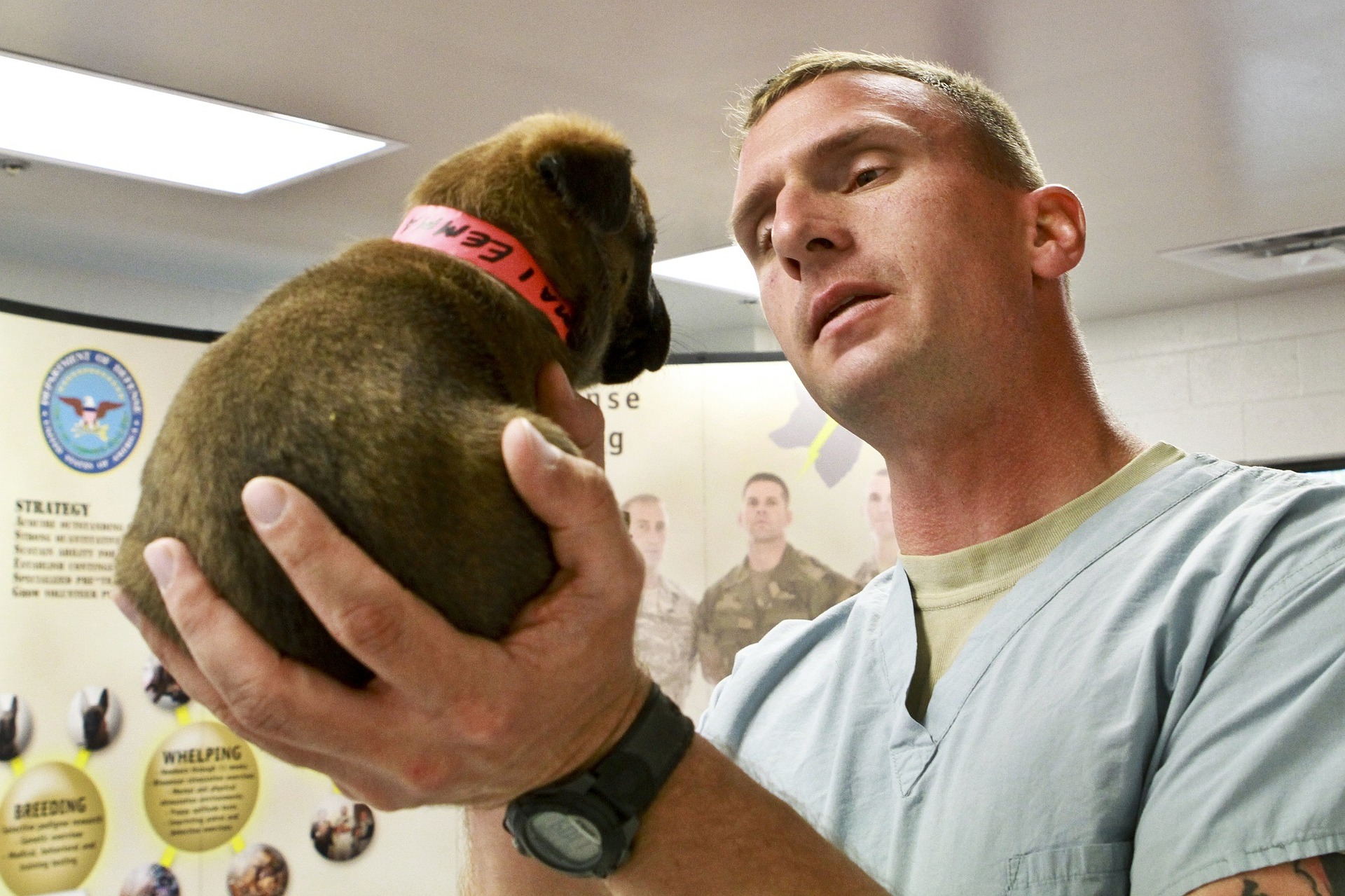There are just a couple of weeks left in 2019. It is time to take stock of what we accomplished in the last 12 months, and look forward to new goals in the new year. The holiday’s are a great time to look back at records of your dog’s shots and plan for any vaccinations or shots which he may need in the New Year. Here are a few of the items you may wish to investigate.
Annual Vaccinations and Dog’s Shots?
Whether you are new to owning a dog, or you are a long-time dog owner serious about keeping your dog healthy – knowing vaccination schedules is important to his care.
Puppies typically need many more shots than older dogs, and most veterinarians recommend shots administered at 6 weeks, 12 weeks, 24 weeks and at 12 months of age. Recommended vaccines on this schedule include distemper, two rabbis shots, and two DHPP shots. This schedule, however, doesn’t include non-core vaccines, discussed below, which your vet may suggest for your dog’s best care.
Once a dog is a mature adult, the roster of dog’s shots is shorter. In fact, your vet may not recommend any non-core vaccines, and you may not have to worry about shots for three year increments. However, if your vet recommends any non-core vaccines, they will be administered every year for best results.
Core vs. Non-Core Vaccinations
Dogs require vaccines to prevent the onset of the likes of rabies, distemper, parvovirus and other nasty illnesses. Just like human vaccines and preventative doses, the need for and frequency of your dog’s shots varies based on a number of factors.
These factors include their age, if the record keeping of the owner is detailed (indicates when shots were administered) and the professional opinion of the veterinarian. For instance, there are some non-core vaccines that your vet may recommend for your particular animal.
There are two primary categories for dog vaccines: core, and non-core. Core vaccines are typically recommended for every canine, as they are meant to prevent the spread of contagious diseases and providing long-term immunity. While manufacturers recommend administration once a year, many vets choose to only vaccinate every two to three years. Core vaccines include
- Distemper: This contagious (often fatal) disease affects respiratory, central nervous and gastrointestinal systems.
- Parvovirus: A viral illness affecting a dog’s intestines and resulting in severe vomiting and diarrhea.
- Adenovirus: If left without treatment, this illness can lead to liver disease.
- Rabies: The contagious, possibly fatal disease results in inflammation of the brain. This is especially concerning as the disease can also be passed to humans through saliva when bitten.
Non-core vaccines will be administered based on your vet’s discretion based on the dog’s lifestyle and health.
- Leptospirosis: a bacterial disease.
- Lyme disease: a disease spread by the bite of infected deer ticks
- Canine / kennel cough: a contagious respiratory disease often spread in boarding facilities.
- Canine influenza: This disease can have fatal consequences.
There are many reasons why your dog may require a non-core vaccine. These may include if there has been a local outbreak of an illness, if your animal is around other people’s dogs on a regular basis, or if your dog spends a lot of time exploring in the woods. This may expose them to illness and disease that a dog who spends most of their day indoors, only going out for a walk with their owner, may never be exposed to.
If you are bringing your dog to an obedience school, or if you plan on kenneling them in the future, the facility may require certain vaccinations – so check with them prior to signing your dog up. Gulf Coast K9 Dog Trainers hope you have a happy and healthy 2020 with your furry family!





